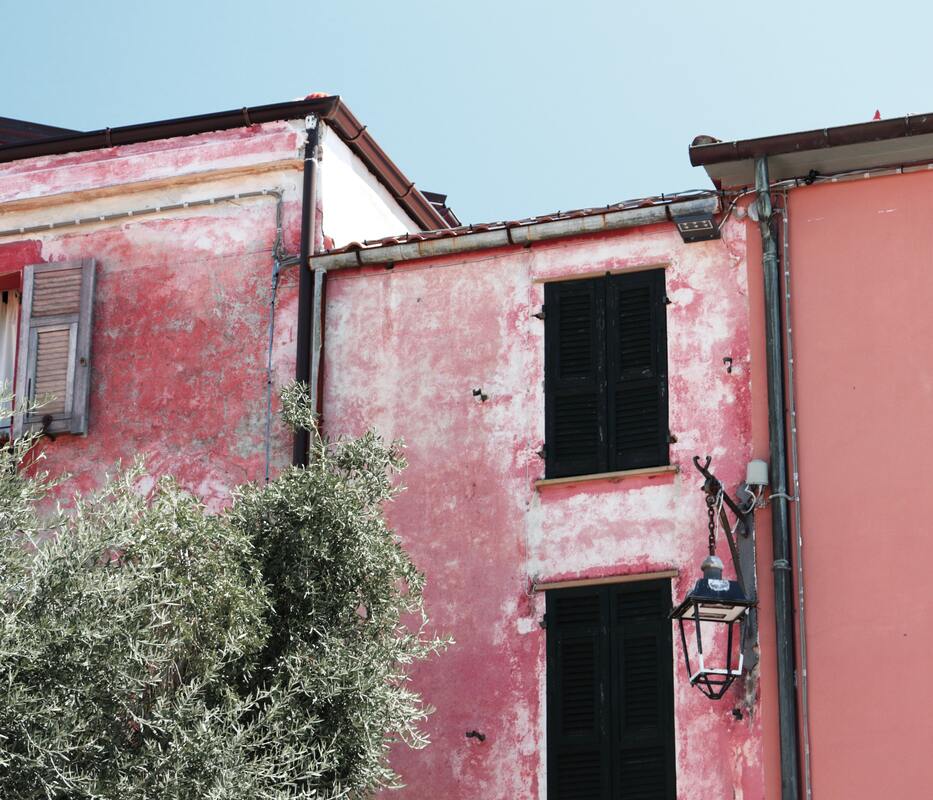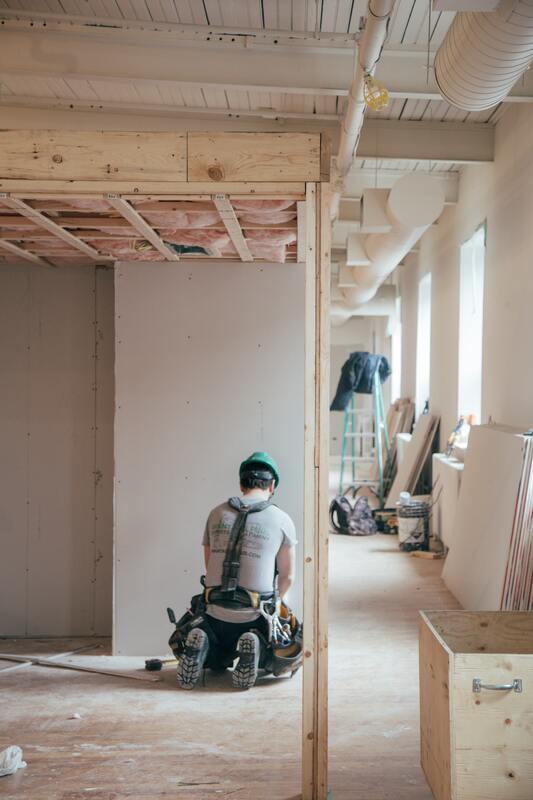- Energy efficiency improvements
- Structural seismic improvements
- Solar panels
- Electric car charging stations
- Double glazed windows
The Superbonus, substitutes the Ecobonus and the Sismabonus.
Check out now how to renovate your home for FREE.

Who can qualify?
- Condominiums
- Individuals
- Associazioni Sportive Dilettantistiche (amateur sports associations)
NON RESIDENTS can also qualify for such tax break.
Any qualifying expenditure will attract the tax credit as long as it has been paid from July 1st 2020 to December 31st 2021.
Qualifying Expenditures
INSULATED COATING
Insulated coating expenditure (external coating, floor insulation) cap is € 50.000 per house unit, reduced to € 40.000 per unit if the unit is located in a condominium.
CONDOMINIUM HEATING SYSTEM
If you live in a condominium, the centralized heating system attracts a tax credit capped at € 20.000 per house unit as long as the condominium has 8 units or less; € 15.000 if the condominium has more than 8 units.
INDEPENDENT HOUSE HEATING SYSTEM
It is possible to benefit of the 110% Superbonus tax credit capped at € 30.000.
SEISMIC STRUCTURAL IMPROVEMENTS
The Seismic structural improvements has been existing for few years; now this bonus has been included in the Superbonus attracting a 110% tax credit.
The cap for such expenses is € 96.000 per house unit.
In order to benefit of such tax credits you must own a property in a qualifying municipality, as well as improve its seismic responsiveness of at least one category.

Connected qualifying expenses
- E-cars charging station
- Solar panels installation
- Other energy efficiency improvements
How does that work?
EXAMPLE
Should you insulate your detached home, spending € 50.000, you can benefit of a € 55.000 tax credit (€ 50.000 x 110%) to be deducted in 5 years, hence € 11.000 per year.
While filing your taxes, you must include your expenses in your tax return, thus resulting in a tax credit to be refunded. Anyway, what happens if your gross tax is less than € 11.000?
Unfortunately, the unused tax credit is wasted.
Professionals sworn statement
- visto di conformità (accounting statement) in regards to the appropriate accounting and tax documentation. This is released by a Certified Accountant (Dottore Commercialista).
- l’asseverazione tecnica (technical opinion) certifying the energy efficiency improvements, the seismic responsiveness improvements, as well as the expenses adequacy. This is released by a Certified Engineer
Failure to acquire ANY of the two above sworn statements, automatically disqualifies you to benefito of the tax credit as well as trading it.
The sworn statement related expenses are also deductible at 110%!
How can I trade the tax credit?
- Contractors
- Banks and financial institutions
- Third parties resident in Italy
Should you trade your tax credit to your contractors, the contractor must discount the tax credit value in the invoice raised, reducing the amount payable.
If the qualifying expenditure falls within the maximum cap, your invoice payable is € 0.
Alternatively, you can trade the credit to a Bank or any other financial financial institution which will pay directly the taxpayer. This approach requires the taxpayer to advance the whole expenses, whilst the first approach does not require to advance any payment.
The tax credit can be sold either partially or in full.
What is the best thing to do?
First of all, you have to make sure that you pay enough gross income tax to deduct the tax credit via your tax return.
You then need to evaluate the best offer from your contractors as well as the financial institutions.
Non residents normally prefer to opt for the tax credit trade.

How can Accounting Bolla help you
- Renovation evaluation and estimation
- Tax strategy
- Sworn statement
- Annual Tax return




That was very informative! I have been planning to renovate my house but haven’t got any idea where to start. Thanks for coming up with this topic and shedding us some lights on Superbonus!
Great guide! Your guide is definitely very helpful. I can’t wait to try your idea. Thanks and keep sharing.
Informative post! Thanks for sharing this wonderful post.
Great article. Does an apartment unit in an old palazzo count as a condominium or a private house?
It depends on how the cadastral map is drawn, however it is normally counted as Condominium
I’m grateful you shared this. It offered a new perspective I hadn’t considered.
This article has been a catalyst for innovation in our approach. It’s reinvigorated our passion for what we do.